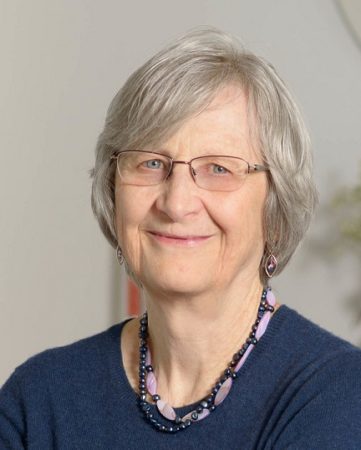
In the newest Dialogue podcast Pulitzer Prize-winning author, and Harvard University professor, Laurel Thatcher Ulrich, discusses her new book A House Full of Females – Plural Marriage and Women’s Rights in Early Mormonism, 1835 -1870.
From the Miller Eccles website:
In January 1870, three or four thousand Latter-day Saint women gathered in the old tabernacle in Salt Lake City to protest federal anti-polygamy legislation pending in Congress. To the astonishment of outsiders, the Utah Territorial Legislature soon granted women the vote, an action that eventually brought them into the most radical wing of the national women’s rights movements. Then, as now, observers asked how women could simultaneously support a national campaign for political and economic rights while defending marital practices that to most people seemed relentlessly patriarchal.
At one level, the answer is obvious. Their own community was threatened. By standing up as women, they defended their homes and their religious identity. But that explanation is too simple. By the time the Mormons arrived in Utah in 1847, female as well as male leaders knew how to circulate petitions, sign affidavits, lobby public officials, and employ the power of the press. The activism of Mormon women emerged from religious passion, from a yearning for millennial justice, from the experience of being hounded and driven from place to place, and from the frustration of vainly petitioning judges, governors, and presidents for redress. But it also developed out of struggles within their own communities to rebuild the Female Relief Society, which was founded in Nauvoo, Illinois, in 1842 and dissolved by Brigham Young in 1845. As their own writings attest, female leaders endured both the condescension and open opposition from church leaders.
A House Full of Females explores the complex interplay between outside opposition to plural marriage and the gender politics of early Mormonism.
Laurel Thatcher Ulrich is 300th Anniversary University Professor at Harvard University. She is author of A Midwife’s Tale: The Life of Martha Ballard Based on Her Diary, 1785-1812, which won the Pulitzer Prize for History in 1991, and many other publications in early American history and women’s history. One of these, Well-behaved Women Seldom Make History (2007), derives its title from a phrase she made famous. Born in Idaho, she was educated at the University of Utah, Simmons College, and the University of New Hampshire, where she completed her Ph.D. while she and her husband, Gael Ulrich, raised their five children. She is past President of the American Historical Association and the Mormon History Association, and is currently serving as Regional Church History Consultant as well as Gospel Doctrine teacher.


 All Episodes
All Episodes